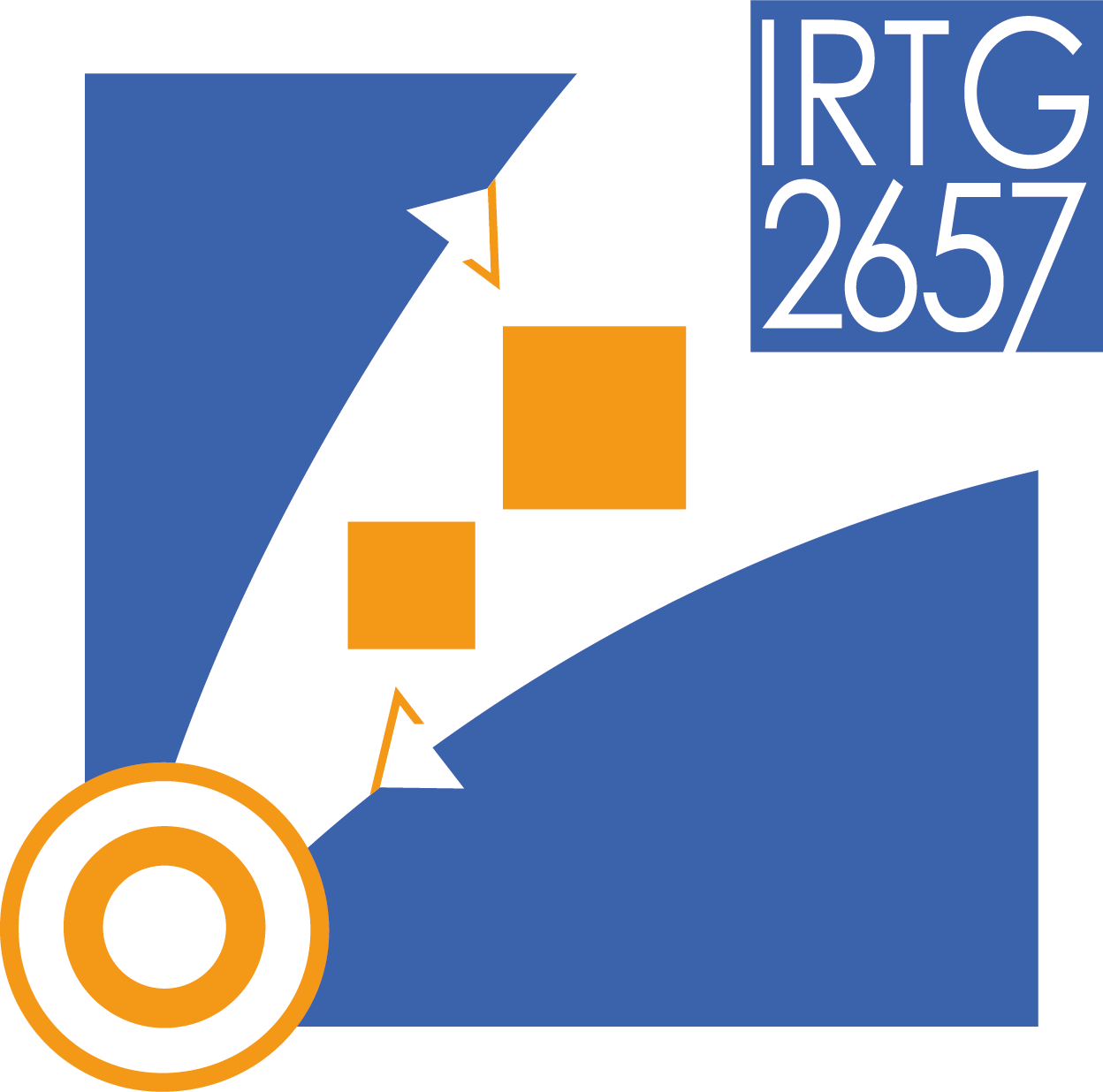A1.: Advancements in Point Selection Procedures and Solution Schemes for Reliability Analysis using Probability Density Evolution Methods
| Team: | Michael Beer, Dr. Amelie Fau |
| Year: | 2024 |
| Duration: | 01.09.2024-30.08.2027 |
Time dependent reliability analysis and life time predictions for complex structures and systems is one of the most demanding challenges in engineering. This research project focuses on enhancing the capabilities and efficiency of Probability Density Evolution Methods (PDEM) for accurately predicting time-dependent probability density functions in stochastic dynamical systems, especially from the point of view of reliability analysis. Two key areas for further development are identified: Point Selection Procedures and Solution Schemes for the Generalized Density Evolution Equation (Li-Chen equation).
Advancements in Point Selection Procedures: an exhaustive evaluation of existing sampling techniques suitable for PDEM in the context of Reliability Analysis is undertaken [1]. Additionally, a novel point selection scheme tailored for reliability analysis problems using PDEM is proposed. Specifically, emphasis is placed on differentiating it from existing schemes, with a focus on the integration of Kriging and adaptive sampling methods [2,3].
Overview and Benchmark of Solution Schemes for the Li-Chen equation: The project provides an in-depth analysis of various solution schemes for the Li-Chen equation, addressing their pros, cons, accuracy, and variance. Path Integral methods are reviewed, emphasizing their application and challenges. The Finite Volume method, particularly a Total Variation Diminishing approach, is investigated, with a focus on its performance in handling high random or physical dimensions and non-linear system dynamics. The Finite Element Method is explored as a potential solution scheme for the Li-Chen equation [4]. Only limited attempts are present in the literature, utilizing FEM solvers for the Li-Chen equation. However, especially for a further usage of PDEM, e.g.to estimate Joint Probability Density Functions, a high computational effort is to be expected. JPDF estimations require essentially a triple loop, including the samples, space domain and time domain. At this point Model Order Reduction schemes, such as the Proper Generalized Decomposition become attractive to reduce the clock time of the solving procedure.
Literature
[1] Zhou T, Peng Y (2022) A two-stage point selection strategy for probability density evolution method-based reliability analysis. Struct Multidiscip Optim 65:. doi.org/10.1007/s00158-022-03244-7
[2] Fuhg JN, Fau A, Nackenhorst U (2021) State-of-the-Art and Comparative Review of Adaptive Sampling Methods for Kriging. Arch Computat Methods Eng 28:2689–2747. doi.org/10.1007/s11831-020-09474-6
Team
Supervision: Prof. Dr.-Ing. Michael Beer (LUH), Dr. Amelie Fau (ENS)






